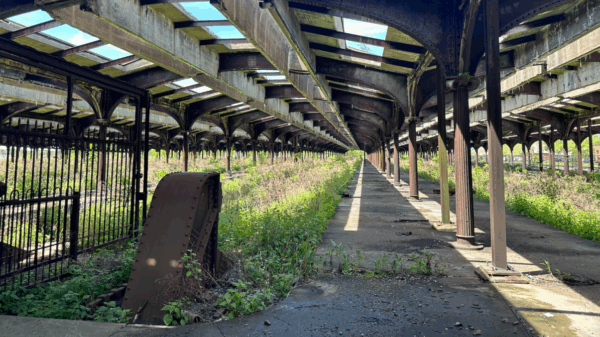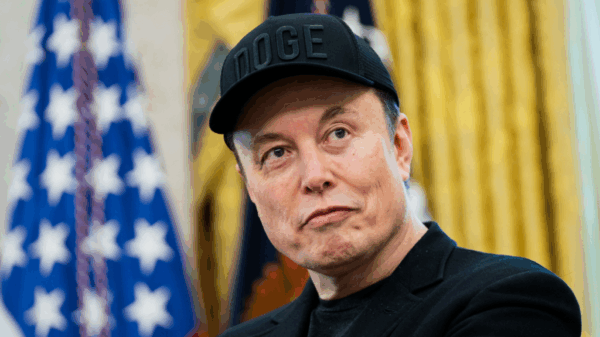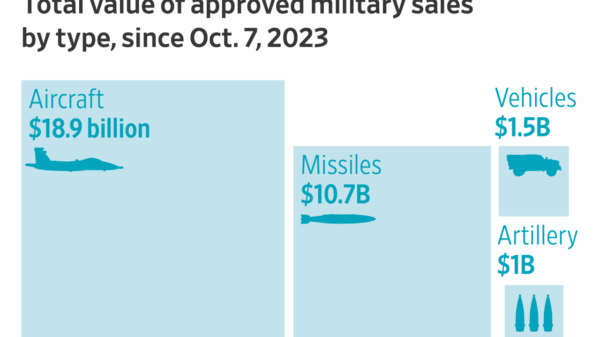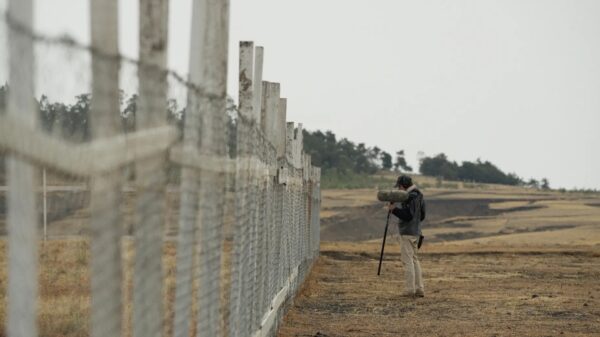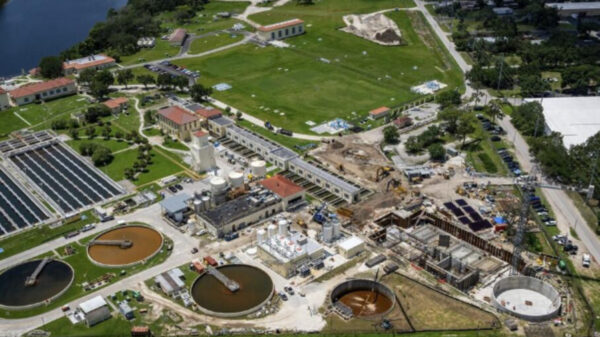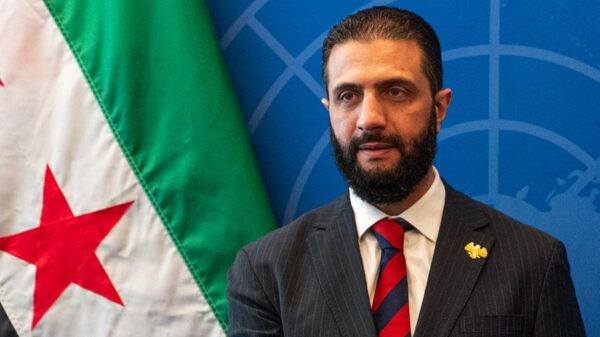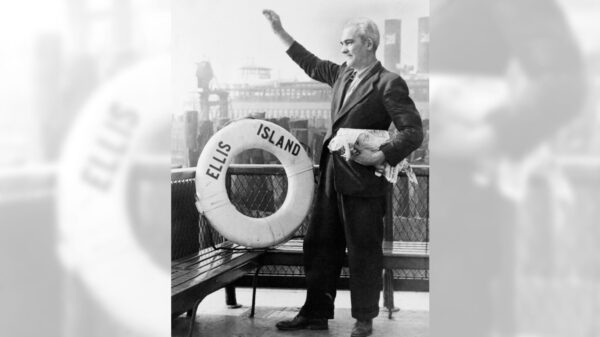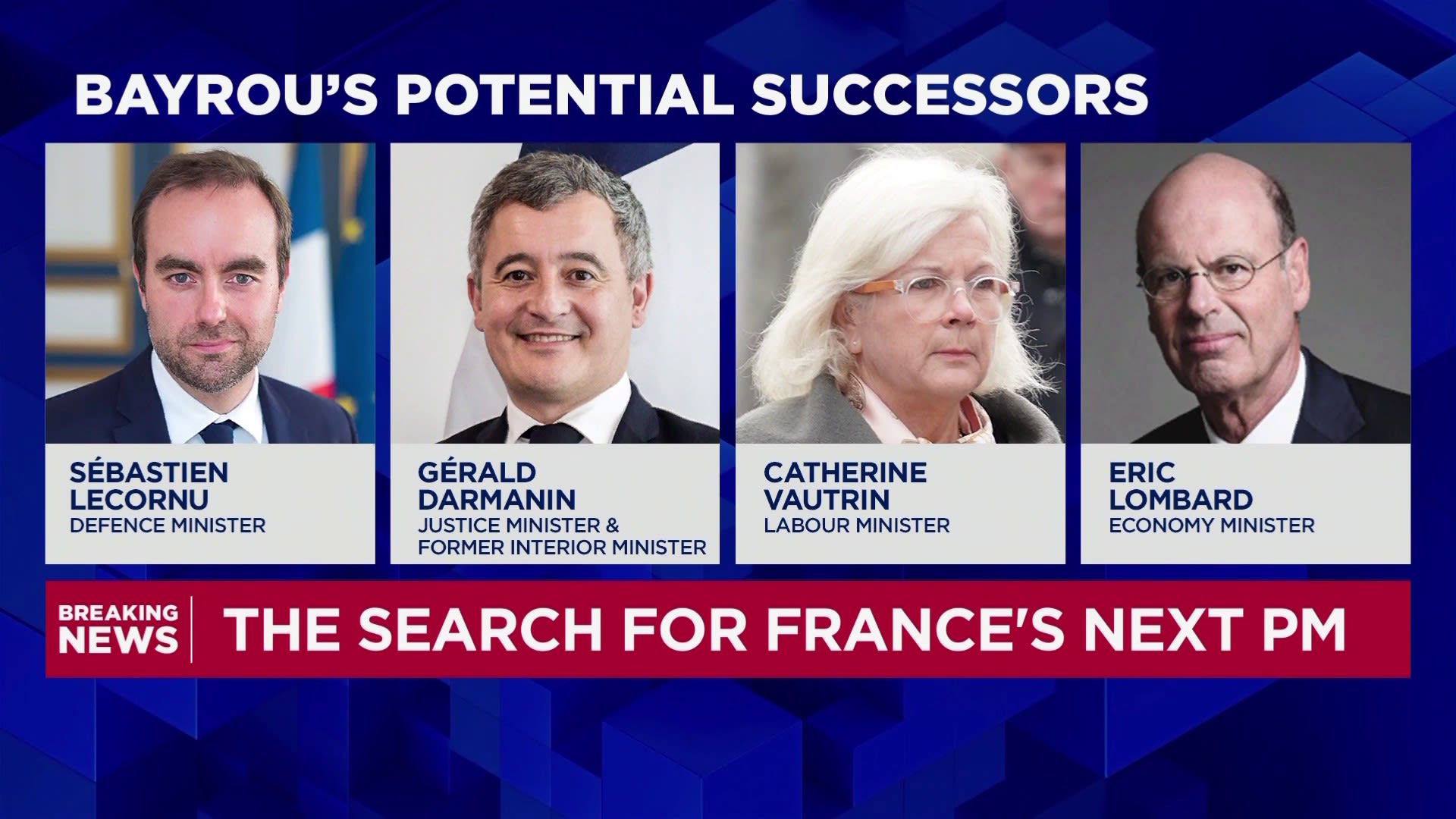French Prime Minister François Bayrou has been dismissed following a confidence vote in the parliament, leading to the collapse of his government after only nine months in office. This significant political upheaval marks the fourth time France has sought a new Prime Minister in less than two years, raising concerns about instability in the country’s leadership.
The confidence vote took place on July 7, 2023, when a majority of lawmakers in the French Parliament expressed their lack of support for Bayrou’s administration. The vote came as a result of growing dissatisfaction with his government’s handling of various issues, including economic challenges and social unrest. The outcome is a clear indication of the shifting political landscape in France, where Prime Minister Emmanuel Macron has faced mounting pressure since his re-election.
The loss of confidence has immediate implications for the French government and the political climate. In the wake of this vote, the parliament is now tasked with determining the next steps in appointing a new Prime Minister, which will be crucial for restoring stability. As France navigates this leadership crisis, the focus will be on how quickly a successor can be identified and what policies they might implement to address the pressing concerns facing the nation.
Bayrou’s brief tenure was characterized by efforts to implement reforms aimed at revitalizing the economy and addressing social inequalities. However, these initiatives have not resonated with all segments of the population, leading to widespread protests and public discontent. His government struggled to maintain cohesion amidst these challenges, ultimately resulting in the loss of parliamentary support.
In the context of this political turmoil, analysts suggest that the process of selecting a new Prime Minister will not be straightforward. The political dynamics within the French Parliament are complex, with various factions vying for influence. This situation complicates the search for a candidate who can garner broad support and effectively lead the country through its current difficulties.
As France prepares for its fifth Prime Minister in under two years, questions arise about the potential impact on domestic and foreign policy. The new leader will need to address urgent economic issues, including rising inflation and employment rates, while also managing external relations with European partners and beyond.
The recent developments underscore the fragility of political power in France and the challenges faced by leaders in a rapidly changing environment. With public trust in government waning, the next Prime Minister will have the daunting task of restoring confidence and navigating the complexities of governance in a divided political landscape.
In conclusion, the loss of Prime Minister Bayrou marks a pivotal moment in French politics, reflecting the broader struggles of leadership and governance. As the nation moves forward, the focus will be on who will step into this critical role and how they will shape the future of France.

